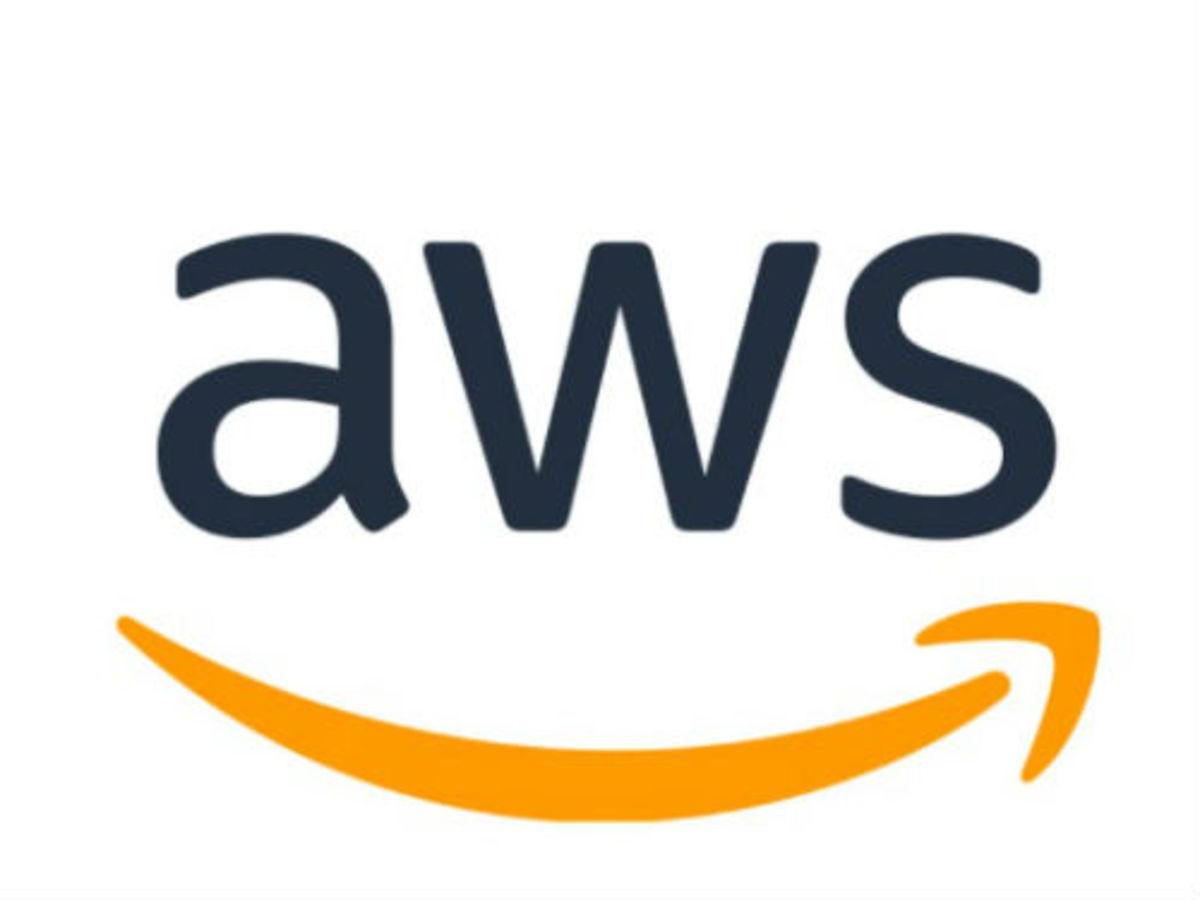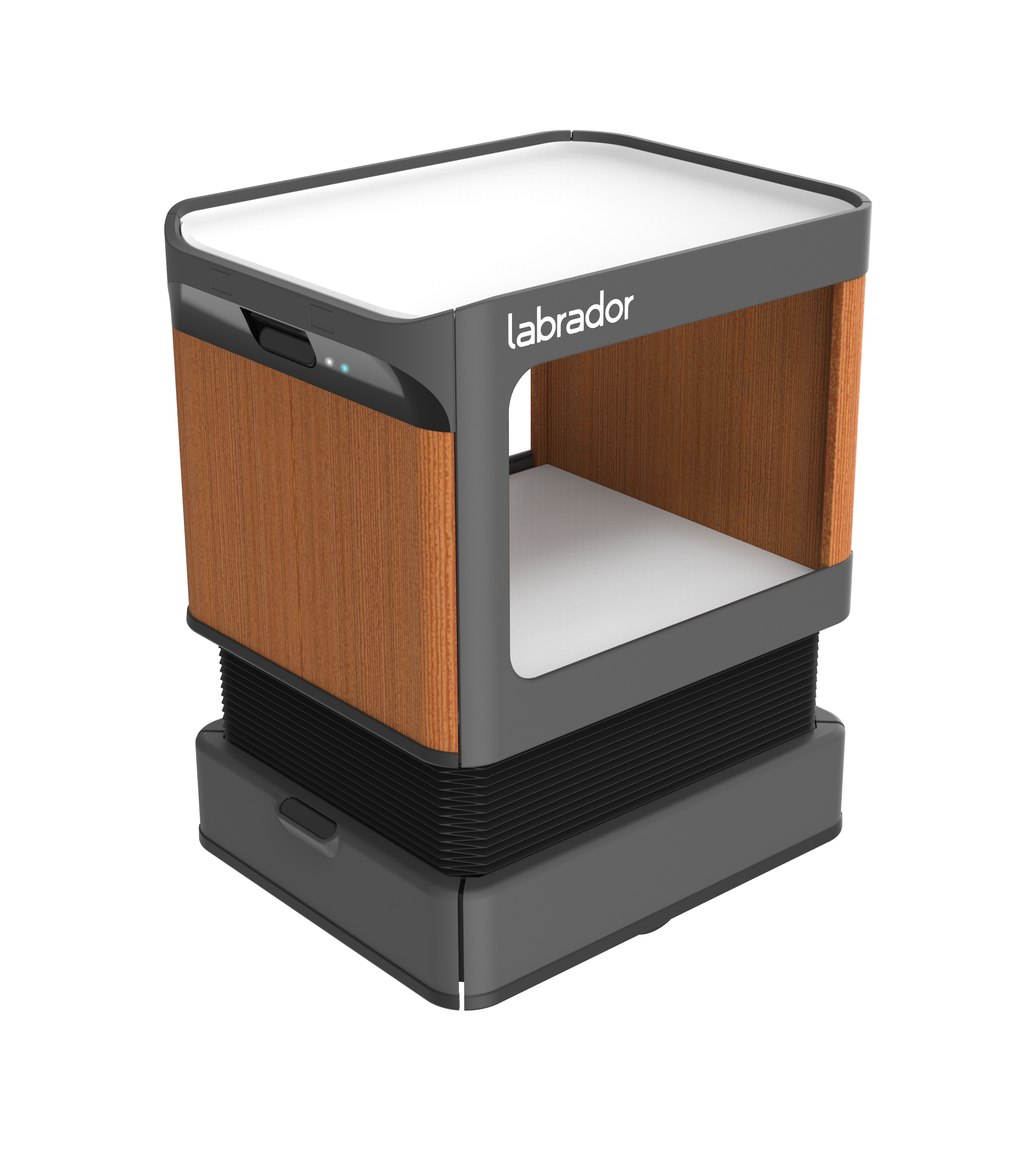Amazon Web Services and Lockheed Martin Team to Make Downlinking Satellite Data Easier and Less Expensive

SEATTLE & BETHESDA, Md.–(BUSINESS WIRE)–Nov. 27, 2018– Today at AWS re:Invent, Amazon Web Services, Inc. (AWS), an Amazon.com company (NASDAQ:AMZN), and Lockheed Martin (NYSE: LMT) announced a strategic collaboration to integrate the new AWS Ground Station service with Lockheed Martin’s new Verge antenna network. AWS and Lockheed Martin are bringing these two highly capable systems together to provide a solution that addresses customer needs for resilient satellite uplinks and downlinks. Through this integration, customers using AWS Ground Station gain the ability to download data from multiple satellites at the same time and to continue downloading data even when unplanned outages like a weather event impact parts of the network. And, Lockheed Martin Verge customers benefit from being able to upload satellite commands and data through AWS Ground Station and to quickly download large amounts of data over the high-speed AWS Ground Stationnetwork. Both Lockheed Martin Verge and AWS Ground Station customers can now integrate satellite data with the rich portfolio of AWS services, including compute, storage, analytics, and machine learning. To learn more, please visit www.lockheedmartin.com/Verge and https://aws.amazon.com/ground-
Immediate and continuous access to the latest satellite data is critical in use cases such as public safety, military missions in fast-evolving threat environments, and real-time weather observations for cargo ships and airlines. Today, there are thousands of satellites orbiting the earth and collecting data, including Low Earth Orbit (LEO) satellites, which are ideal for collecting data for Earth observation and currently comprise about 63 percent of the active satellites now in orbit, according to United Nations data. Traditionally, government organizations or enterprises who have required access to satellite data needed to build or lease ground antennas to communicate with the satellites at significant cost and effort. Further, customers often require antennas in multiple countries and U.S. locations to download data when and where they need it without waiting for the satellite to pass over a desired location. All of this requires significant capital investments and operational costs to build, manage, and maintain antennas, compute infrastructure, and business logic at each antenna location. By combining Lockheed Martin’s distributed network of satellite receivers with direct AWS Ground Station access, the two companies are delivering a next-generation space solution that will help address the growing need for satellite ground communications and data management while reducing capacity constraints and enabling satellite customers to scale their satellite data downlinks in real-time to meet unanticipated demand across a broad variety of situations.
“Together, AWS and Lockheed Martin are providing satellite operators increased flexibility, resiliency, and scale in a complete connectivity solution, ground architecture, and cloud environment for integrated satellite and data management operations,” said Rick Ambrose, Executive Vice President of Lockheed Martin Space. “Our collaboration with AWS allows us to deliver robust ground communications that will unlock new benefits for environmental research, scientific studies, security operations, and real-time news media. In time, with satellites built to take full advantage of the distributed Verge network, AWS and Lockheed Martin expect to see customers develop surprising new capabilities using the service.”
“AWS and Lockheed Martin have a long, deep relationship and over the past several years it’s become apparent that together we could bring greater capabilities to our public sector and commercial customers,” said Teresa Carlson, Vice President, Worldwide Public Sector for AWS. “Today we are taking the next step in this relationship. The integration of AWS Ground Station with Lockheed Martin Verge brings the unique capabilities of both companies to mutual customers, enabling them to control satellites across both networks and downlink data faster with more resiliency.”
Because many AWS Ground Station antennas are co-located with AWS Regions, both AWS and Lockheed Martin customers gain low-latency, local access to other AWS services to process and store this data. For example, they can use Amazon EC2 to control satellites and downlink data, store and share the data in Amazon Elastic Block Store, Amazon Elastic File System, or Amazon S3, use AWS Virtual Private Cloud for secure communications between Amazon EC2 instances and the AWS Ground Station antenna gateway, hunt for real-time business insights with Amazon Kinesis Data Streams and Amazon EMR, apply machine learning algorithms and models with Amazon SageMaker, add image analysis with Amazon Rekognition, and improve data sets by combining satellite data with IoT sensor data from AWS IoT Greengrass. AWS customers can combine these capabilities to build exciting applications that might use image recognition to identify and protect endangered animals, machine learning to predict faulty construction or industrial systems, or analytics to estimate oil production or assess agriculture yields in real time.
“Access to geospatial information gives customers the confidence to make critical decisions. For space startups like Spire Global, AWS and Lockheed Martin are unlocking the potential of nearly continuous and uninterrupted access to satellite data along with the ability to analyze and leverage that data using the broad and deep cloud services available in AWS,” said Robert W. Sproles, Ph.D. and Program Manager, Ground Stations, for Spire Global, Inc. “The combination of Lockheed Martin Verge and AWS Cloud will allow multiple satellites to downlink simultaneously, which will increase satellite constellation throughput and reduce latency for our customers.”
Customers can easily request Lockheed Martin Verge as their preferred downlink directly through the AWS Ground Station console or from the Verge management console. Once Lockheed Martin Verge receives and processes satellite data, customers can access it directly in their virtual private cloud (VPC) in AWS Regions. For AWS customers in the government or regulated industries, this includes the AWS GovCloud and Secret Regions that carry the full range of data classifications, including Unclassified, Sensitive, Secret, and Top Secret. Lockheed Martin Verge will be available in private beta today for customers with satellites that support S-band frequencies and can downlink in the Denver, Colorado area. General availability and expansion to the higher frequency X-band will be announced in the future.
About Amazon Web Services
For over 12 years, Amazon Web Services has been the world’s most comprehensive and broadly adopted cloud platform. AWS offers over 125 fully featured services for compute, storage, databases, networking, analytics, machine learning and artificial intelligence (AI), Internet of Things (IoT), mobile, security, hybrid, virtual and augmented reality (VR and AR), media, and application development, deployment, and management from 57 Availability Zones (AZs) within 19 geographic regions around the world, spanning the US, Australia, Brazil, Canada, China, France, Germany, India, Ireland, Japan, Korea, Singapore, and the UK. AWS services are trusted by millions of active customers around the world—including the fastest-growing startups, largest enterprises, and leading government agencies—to power their infrastructure, make them more agile, and lower costs. To learn more about AWS, visit aws.amazon.com.
About Amazon
Amazon is guided by four principles: customer obsession rather than competitor focus, passion for invention, commitment to operational excellence, and long-term thinking. Customer reviews, 1-Click shopping, personalized recommendations, Prime, Fulfillment by Amazon, AWS, Kindle Direct Publishing, Kindle, Fire tablets, Fire TV, Amazon Echo, and Alexa are some of the products and services pioneered by Amazon. For more information, visit amazon.com/about and follow @AmazonNews.
About Lockheed Martin
Headquartered in Bethesda, Maryland, Lockheed Martin is a global security and aerospace company that employs approximately 100,000 people worldwide and is principally engaged in the research, design, development, manufacture, integration and sustainment of advanced technology systems, products and services. This year the company received three Edison Awards for ground-breaking innovations in autonomy, satellite technology and directed energy.




